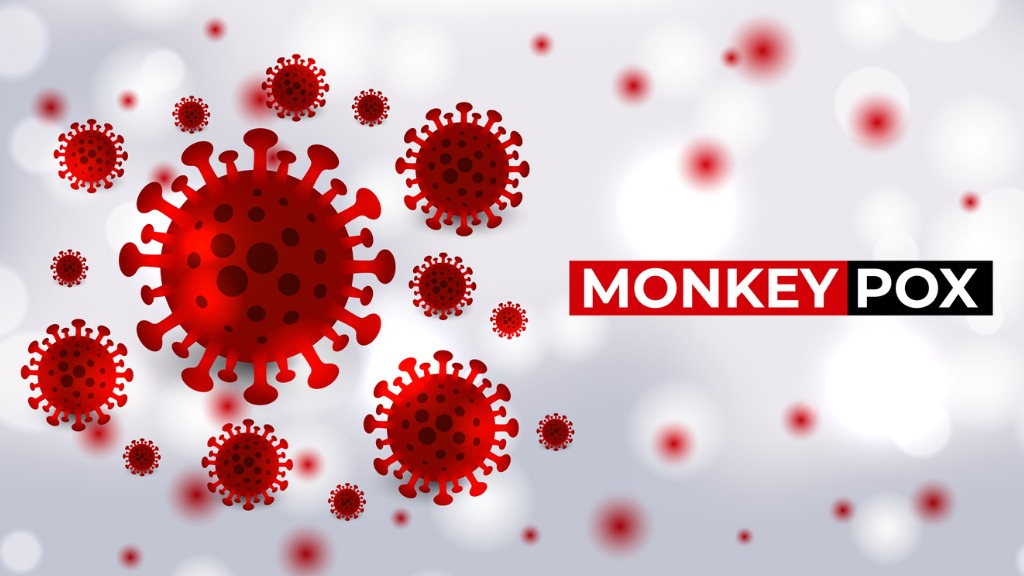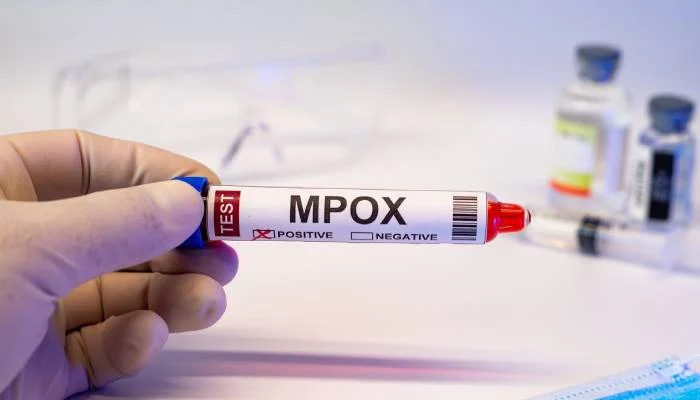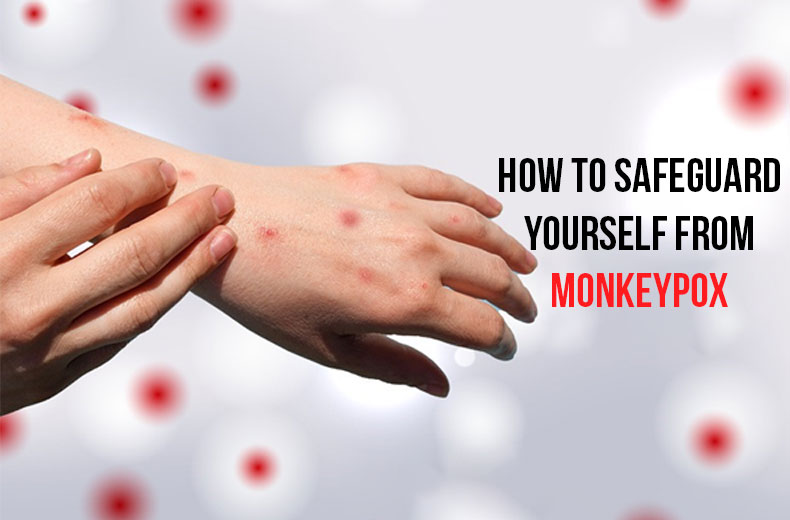
As monkeypox cases continue to rise across Pakistan in 2024, it’s crucial for individuals to be well-informed and proactive in protecting themselves and their communities. Monkeypox, a rare viral disease, has shown a concerning increase in recent months, prompting health authorities to issue warnings and guidelines. Here’s a comprehensive guide to help you stay safe and reduce your risk of contracting monkeypox.

Understanding Monkeypox
Monkeypox is caused by the monkeypox virus, which belongs to the same family as the smallpox virus. It primarily spreads through close contact with infected individuals, animals, or contaminated materials. Symptoms include fever, rash, and swollen lymph nodes, which can develop into painful sores.
1. Practice Good Hygiene
Maintaining high standards of personal hygiene is one of the most effective ways to prevent infection:
- Wash Hands Regularly: Use soap and water or an alcohol-based hand sanitizer to wash your hands frequently, especially after coming into contact with potentially contaminated surfaces.
- Avoid Touching Your Face: Refrain from touching your eyes, nose, or mouth with unwashed hands to prevent the virus from entering your body.
2. Avoid Close Contact
Monkeypox spreads through close, often prolonged, contact with infected individuals or animals. To reduce your risk:
- Limit Close Contact: Avoid close contact with individuals who are showing symptoms of monkeypox, such as rash or fever.
- Avoid Contact with Animals: In areas where monkeypox is prevalent, avoid contact with animals that could be infected, including rodents and primates.
3. Be Cautious with Contaminated Materials
The virus can survive on contaminated materials, so it’s important to take precautions:
- Disinfect Frequently-Touched Surfaces: Regularly clean and disinfect surfaces and objects that are frequently touched, such as doorknobs, light switches, and mobile phones.
- Avoid Sharing Personal Items: Do not share items such as towels, bedding, or clothing with individuals who are sick.
4. Monitor and Isolate Symptoms
If you experience symptoms of monkeypox, such as fever, rash, or swollen lymph nodes:
- Seek Medical Attention: Contact a healthcare provider immediately for advice and testing.
- Isolate Yourself: Stay at home and avoid contact with others until you receive medical guidance and your symptoms are evaluated.
5. Follow Public Health Guidelines
Stay informed about the latest public health advisories and guidelines:
- Adhere to Local Health Recommendations: Follow any specific guidance provided by local health authorities or the World Health Organization (WHO) regarding monkeypox prevention and control.
- Vaccination: Although there is no specific vaccine for monkeypox widely available, stay informed about any vaccination recommendations or programs that may be introduced.
6. Educate and Inform
Educate yourself and those around you about monkeypox:
- Spread Awareness: Share accurate information about monkeypox prevention with family, friends, and colleagues to help reduce the spread of misinformation and promote safe practices.
- Stay Updated: Keep up with updates from reliable sources, such as the Pakistan Ministry of Health or the WHO, for the latest information on monkeypox and preventive measures.
Conclusion
As monkeypox cases continue to rise in Pakistan, taking proactive measures to protect yourself and others is essential. By practicing good hygiene, avoiding close contact with potentially infected individuals, and staying informed about public health guidelines, you can significantly reduce your risk of contracting and spreading the virus. Remember, staying vigilant and educated is key to safeguarding your health and contributing to the broader effort to control the outbreak.

